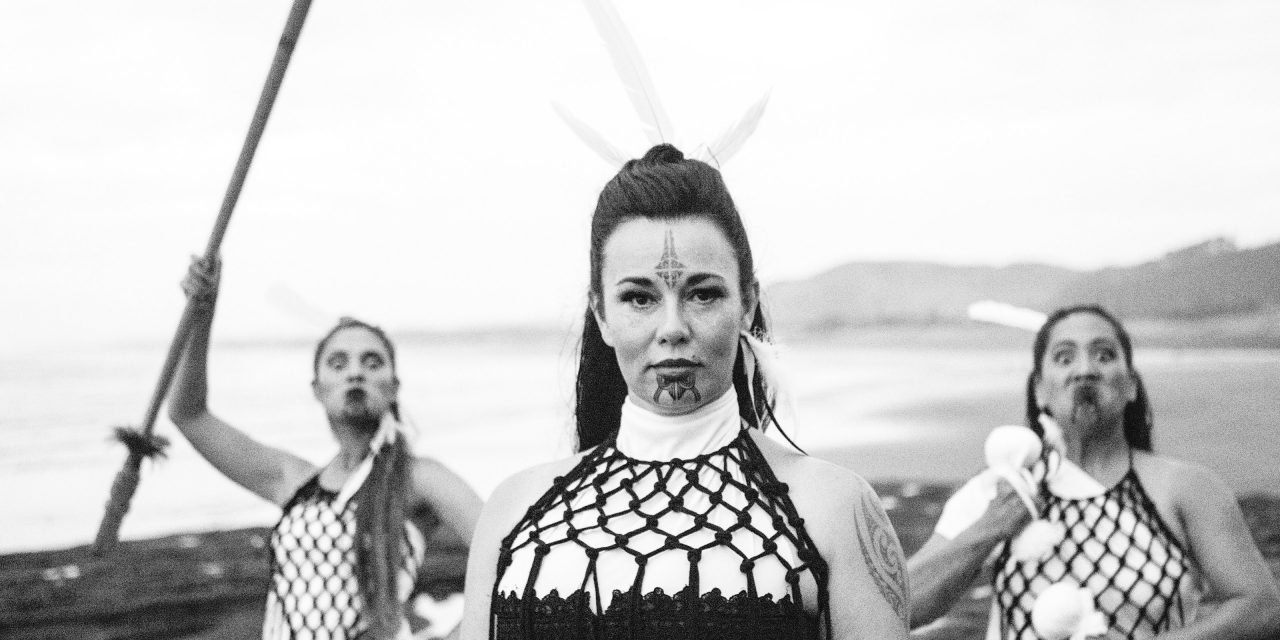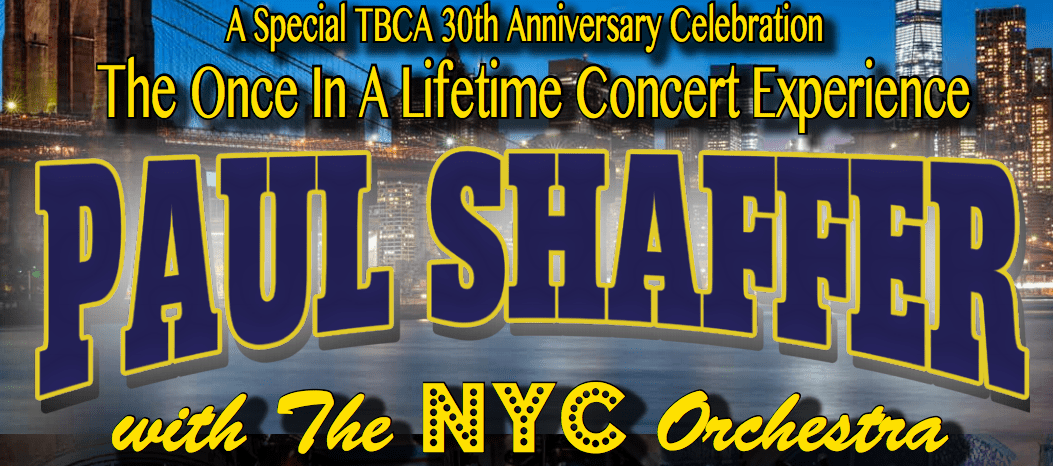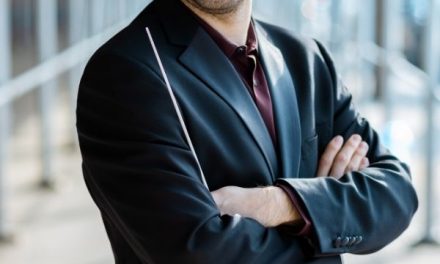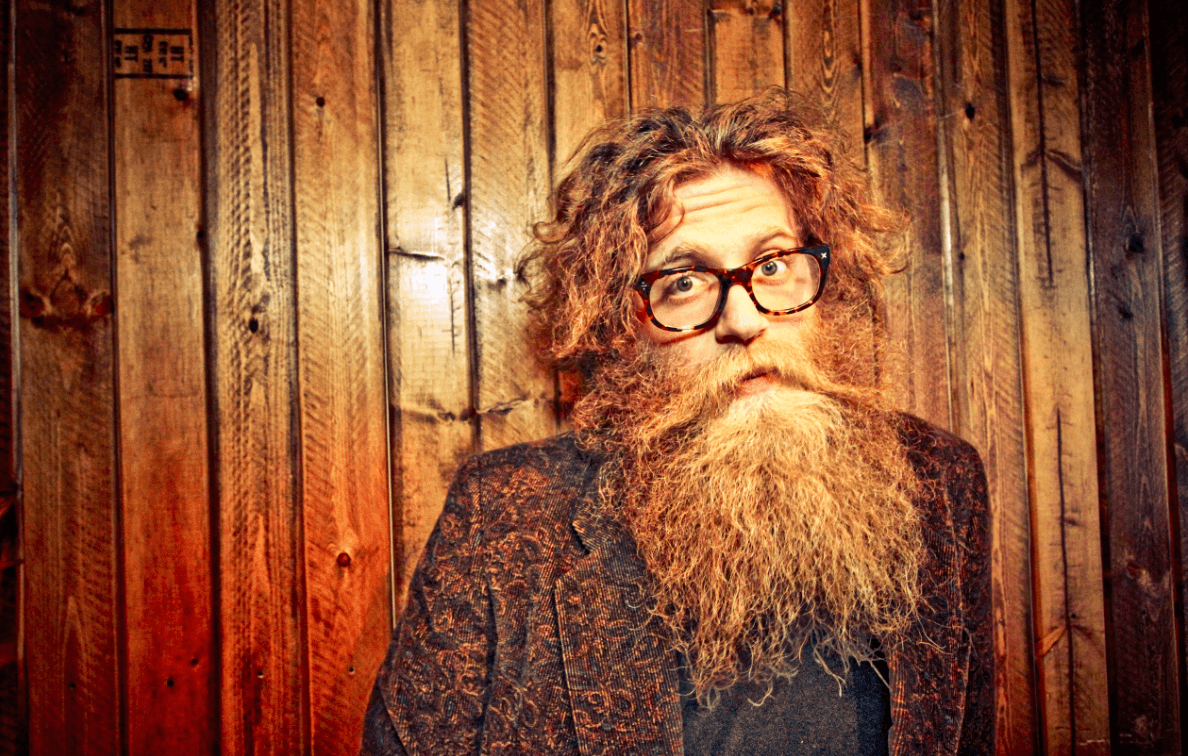Trailblazing Māori Musicians Take To the Stage at Live From the Rock Folk Festival
By Kim Latimer
Māmā Mihirangi & the Māreikura are passionate Māori performers from New Zealand. Known as “Queen of the Loops,” Māmā Mihirangi uses a loop pedal that plays short sections of audio repeatedly, blending loops on the spot to create the music that accompanies her singing and traditional instruments. The performance is woven with Māori traditional calls and chants, stories, drumming, dance, regalia, instruments and language, fused with contemporary beatboxing, loops, percussion, emotional dance, and Haka.
From her traditional territory in New Zealand, The Walleye chatted with Māmā Mihirangi via Skype.
The Walleye: Where do you draw your inspiration from?
Māmā Mihirangi: I grew up in an area in the bush with traditional practices, partly on farm in a traditional village. The village opened when we lived there and I was privileged to grow up with the renaissance of Māori culture. My traditional territory grounds me musically; that’s how it all came together. I learned my ancestral language and I started teaching music here.
TW: Why Canada? You’ve toured in our country several times—what connects you to this land?
MM: This year is the year of Indigenous languages, and we wanted to do a one-year cultural exchange, so we decided to set up a tour that is based on meeting with Indigenous tribes throughout Canada. That’s how it really started. When I was writing the new show, I decided I wanted two Indigenous females to represent the story and tell the story with our dancing. The women do traditional Haka and use traditional weaponry—it’s classified internationally as a martial art. So these women performers are just incredible. What’s inspiring people is the whole sense of unity among Indigenous women and minority groups. I think the concept is about connecting women and connecting in unity to their power.
TW: How do those who feel disconnected find value in your music?
MM: Everyone is Indigenous to somewhere, and I think the problem is how connected you feel to your Indigenous territory, because being Indigenous is being connected to nature. Even in times of cultural renaissance, we are in the infancy of connecting to our culture. I see that when we perform—people are crying and connecting to their inner selves. We’ve written Haka for Missing and Murdered Indigenous Women and Girls Inquiry (MMIWG) that shows our solidarity and support for raising awareness about that issue. And how we use Haka, the concept of it, is to challenge ourselves and present to others in unity to address the issue publicly.
TW: How would you describe your music? What’s unique about it?
MM: Tradition is at the very core of it. I’ve been at for a long time and I’ve been a loop artist since 2003. I sing in both Māori and English, and I play traditional instruments as well. The stories are things I really try to hit the nail on the head with. I sing about things people want to give voice to. I’m not afraid to say what is really going on in the face of adversity.
TW: What new elements that make your music modern?
MM: We are seeing a shift—there’s always been an affinity for other minority groups when it comes to musical inspiration, from Black African-American artists, rap, jazz, reggae, soul, to other groups doing electronic pow wow, hip hop, R&B. What’s happening now in Māori culture now is that our youth have gone through the renaissance of our language and culture, and they’re connected to our nature. These are fully empowered Indigenous kids performing in our language in a modern style. We now have a lot of the hits in Māori and we’re seeing some incredible music and sharing with other Indigenous artists. A Tribe Called Red comes here quite often and are performing with other Indigenous artists here. Those are the influences that are making our music modern.
TW: What do you hope to share when you’re here?
MM: I think sharing our cultural heritage is a privilege. It’s not something that is normalized yet. I really just want people to feel elated, empowered, and inspired by our performance, I want them to go home and celebrate themselves in a way that connects them back to their own Indigenous-ness and think about ways that you yourself can celebrate that part of you.
TW: Tell me about the workshop you will be holding in Red Rock.
MM: We’re doing this Haka from a place of traditional authenticity, because it’s a sacred ceremonial process. The workshop is for women only—although men can come and observe—because traditionally in Māori culture, women teach women. The Haka itself is a personal challenge with a very specific intention and you do it as a group in unity to raise the energy and vibration of a very specific subject for it to be challenged. The one we’re doing is for MMIWGs and it pertains to all women. It’s about taking back our power and drawing on our lineage as women.
In Māori we say “ihi wehi”—it’s the intention of bringing fire and passion into your creation.
This interview has been edited and condensed for length and clarity.














